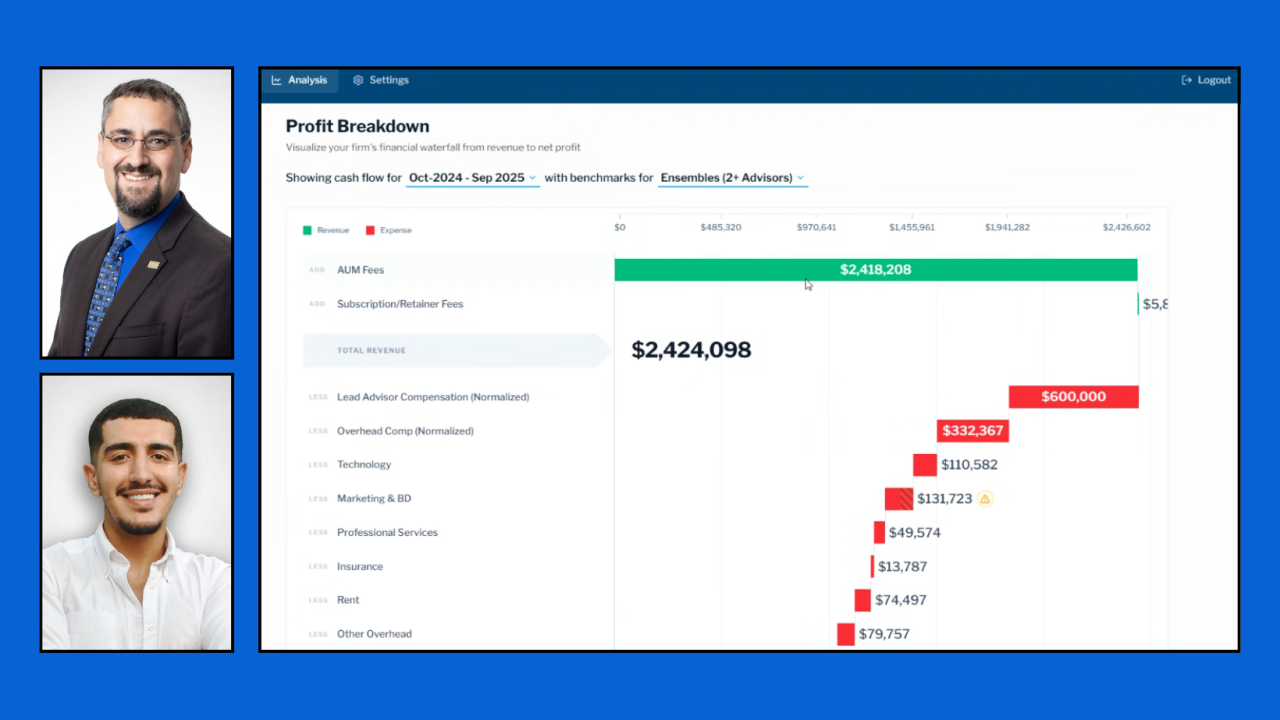Even though
It was
David G. Coffaro, chief fiduciary officer at
“I think it’s on the adviser to find a better way to tell their story,” he said. “A fiduciary philosophy is grounded in prudence and risk management. To the extent that fiduciaries can say, 'here’s the way that we think and here is how we approach this environment to further your financial goals,' then it’s about a philosophy that can benefit an investor regardless of economic conditions.”
Coffaro said that advisers need to be proactive at seeing the opportunity of fiduciary responsibility and discussing with clients about what’s in their best interest.
“By asking clients what are their goals and objectives, then in the context of the environment create the right recipe for a portfolio that will meet the objectives for this person in the long haul, an adviser is taking a fiduciary approach,” he said.
But Coffaro was clear about one thing: “Let’s not confuse putting a client’s interest before your own with working pro bono. We are not philanthropists. It means that when it comes to prioritizing stakeholders the number one stakeholder is the client.”
When an adviser puts the client's interests first, Coffaro said, the reward is repeat business and referrals to other clients. “It’s not a transaction anymore. It’s a relationship,” he said.
The struggle for a stricter fiduciary standard is not going to end with Dodd’s bill. Sen. Tim Johnson, D-S.D., has proposed that a study be conducted by the
After the one-year study, the SEC will decide the rules around adviser and broker/dealer oversight.
In the long run, Knut Rostad, chairman of the
“The movement toward a fiduciary standard is not going to stop,” he said. “We’re going to continue to see strong support for it throughout the industry. It’s not clear just how much this bump in the road this is going to be.”





